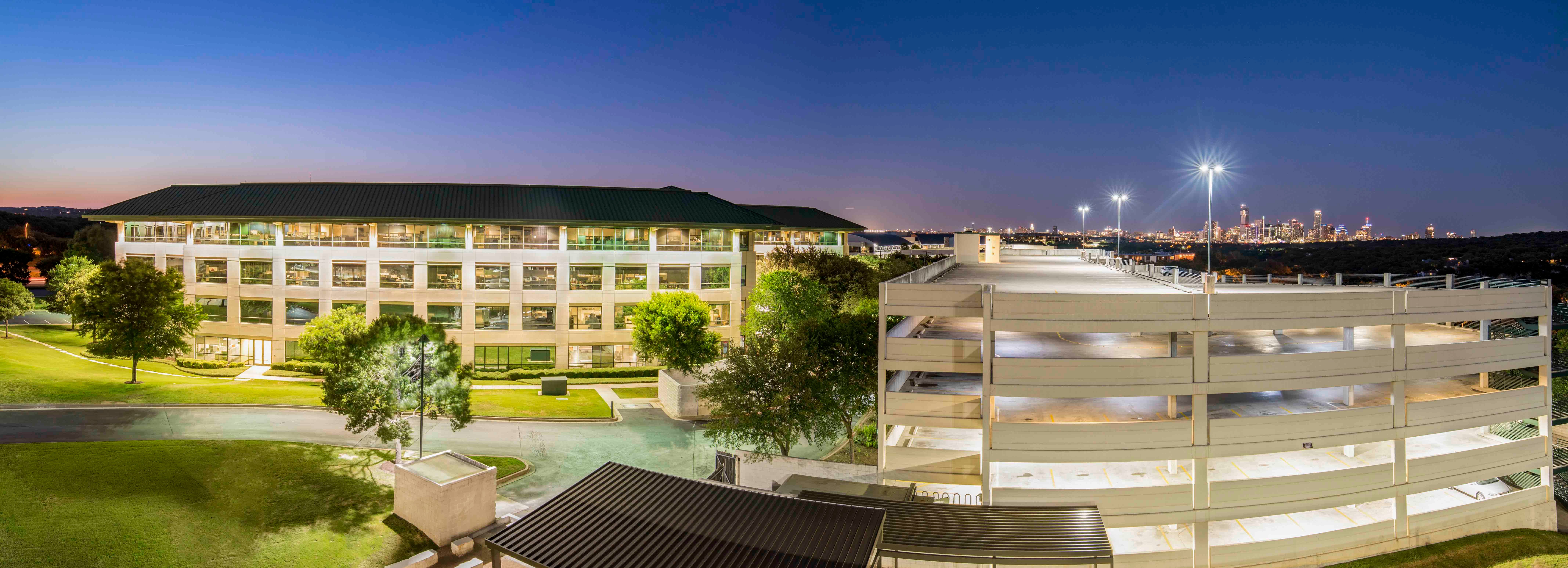 Missen says portals have become the digital town hall forum, allowing shared information.
Missen says portals have become the digital town hall forum, allowing shared information.
DALLAS—The commercial real estate industry is not usually the first thought when it comes to technological advancements, but that is swiftly changing. Increasingly, tech is helping property managers to automate systems, improve the residential experience and alleviate communication issues.
FirstService Residential, which manages several communities across Texas including Austin and Dallas, kicked off 2019 with the delivery of enhanced technology for board members and a relaunch of its Connect resident portal. This property management platform offers resources for board members to more easily identify needed operational improvements, reduce costs and deliver better residential service.
The Connect platform, which also features downloadable apps for mobile devices, rolled out to the property managers, board members and residents of the nearly 8,000 communities the company manages. The portal provides self-service tools that allow all residents to use the platform for everything from booking amenities to paying association fees and submitting service requests.
In this exclusive, Alan Missen, chief information officer of FirstService Residential, explores how technology has taken on an expanded role to facilitate communication and operations in managed communities across Texas.
GlobeSt.com: What have been the most impactful technology innovations to enhance the flow of communications for residents, board members and managers in HOA communities?
Missen: One of the biggest markers of technological progress in the property management industry is the increasing adoption of online resident portals. Essentially, these portals have become the digital town hall forum to share information, assist operational decision-making, and smooth communication among residents, board members and managers of a managed community.
Connect is a highly customizable online property management platform that gives residents and board members access to pertinent information and secure channels to communicate directly with one another and the community manager without being disruptive to any party. For example, residents can use the portal to register requests or concerns with the board or manager. As a protected platform, board members can use Connect to communicate securely with property managers, other board members, committee members, residents and authorized vendors.
GlobeSt.com: How has your online property management platform paid off in streamlining operations and communications?
Missen: Another element of the resident portal is the focus on self-service offerings. For some time now, HOA residents and boards members have shown an appetite to manage their own community experience, which influenced the types of capabilities developed into the platform.
Residents can check account balances, reserve amenities, manage visitor access, track package deliveries and look up important community information. Connect also enhances board members' ability to spot and respond to operational needs or resident feedback and make improvements while reducing costs and delivering added value to their communities, which ultimately leads to increased resident satisfaction and support.
GlobeSt.com: Where are you seeing more residents utilize technology or digital tools to engage with their communities: urban high-rises or suburban single-family neighborhoods?
Missen: It's not so much a question of who uses these tools more, but how they're used and for what purpose. The idea of constant connectivity is highly attractive to younger generations. Texas' Millennial population rose by 10% from 2010 to 2015, which was nearly twice the national growth rate. Through our experience managing high-rise communities in Austin where Millennial residents are prevalent, this group is more receptive to interactions delivered through digital media and mobile apps. Association boards and managers of these properties are using these channels to connect with their tech-savvy residents and remain nimble in digital communications practices to ensure Millennial resident satisfaction for the long-term. The use of social media lives up to its name, as these previously hard-to-reach residents are now being brought into the fold to create richer living experiences and more representative communities.
FirstService Residential also has deep roots across Dallas/Fort Worth, Houston and San Antonio managing master-planned singly-family communities where more established residents, mainly working professionals and families call home. They tend to prefer email or texting over in-person meetings, with the added option to source information themselves. This is where online property management portals such as Connect come in to allow these self-directed residents to engage on their own terms.
The bottom line is that community relations, like technology, should evolve with the user. People's widespread use of digital platforms as primary conduits for daily information and interaction must be reflected in a managed community's communication network to create more touchpoints of engagement among residents, boards and staff.
GlobeSt.com: What other technology innovations are on the horizon to aid property managers and improve the communities they serve?
Missen: The explosion in smart home technology including digital lighting, climate control, locks, home entertainment and more, is driven by consumer demand to spend more time on other things, and accelerated by price affordability. As community managers, we cannot lose sight that technology should be used to ease not overwhelm lives. For example, digital assistant devices like Alexa, Google Home and Siri can remind residents about the next board meeting, initiate payments for monthly dues or alert the front desk staff that a guest will be arriving.
Such technology may also help realize services once thought unattainable for a community. Take digital concierge services, for example, which can be provided via an app, online chat box or both. FirstService Residential is assessing the potential of this digital offering to expand concierge services to communities or buildings where associations may not be able to afford a 24/7 live concierge.
It is our responsibility as community managers to leverage the right technologies: technologies that will improve the living experience for our residents and simplify or streamline their daily interactions throughout the community.
© Touchpoint Markets, All Rights Reserved. Request academic re-use from www.copyright.com. All other uses, submit a request to [email protected]. For more inforrmation visit Asset & Logo Licensing.







